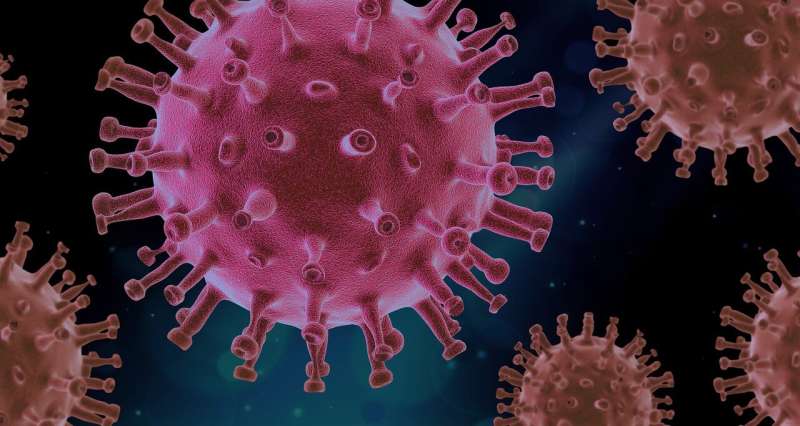
With the arrival of the fourth wave of COVID-19 in Canada, and vaccines not yet approved for children under 12, what measures can parents take to protect kids who are not yet immunized?
Dr. Ran Goldman, professor in the faculty of medicine’s department of pediatrics, offers tips for parents and outlines when a COVID-19 vaccine for this age group could become available in Canada.
Does the Delta variant put children at greater risk?
While we know the Delta variant is more transmissible, the severity of illness among children has not shown significant increase at this time. The rate of admissions to hospitals and intensive care units remains very low for children.
While children under 12 are not vaccinated yet, the high rate of vaccination among the adult population in Canada helps to protect children.
What are the long-term effects of COVID-19 on children?
Though relatively little is known about the long-term impacts of COVID-19 on children at this time, initial studies in other countries show that about 10 per cent of children might experience ‘long-haul’ symptoms.
These ongoing or residual symptoms may include both physical and mental health consequences that are present four or more weeks following a SARS-CoV-2 illness. This is another reason why it is important to protect children from contracting the disease and for achieving herd immunity in our communities.
What measures can parents with children under 12 take to protect their kids?
As the landscape of COVID-19 keeps changing, parents should follow up-to-date public health recommendations to protect themselves and their children.
To stop the spread of the virus, washing hands well and often, wearing a mask for children over two years of age and staying at distance from other people, especially in closed spaces, has proven to be effective.
When vaccines are approved by Health Canada for children younger than 12, parents should vaccinate their children at the earliest possible time.
What about playdates?
Playdates are important for children. Just remember not to host a playdate or send your child to a playdate if they feel sick, or any of the other children are sick. Also, when possible, consider arranging for the kids to play outside.
When can we expect children under 12 to be eligible for the COVID-19 vaccine?
Studies are ongoing for a few vaccines on populations of children from 6 months of age to 11 years.
Some studies are almost complete and it is expected that Health Canada will receive applications for approval in late 2021 or early 2022. In fact, Pfizer Canada recently announced that it plans to provide Health Canada with data demonstrating its COVID-19 vaccine is safe and effective in children aged five to 11 at one-third the dose given to teenagers and adults.
With the flu season fast approaching, how can parents spot the difference between the flu and COVID-19?
While both illnesses cause fever, cough and body aches, there are some differences. For example, COVID-19 can sometimes cause children to suddenly lose their sense of smell or taste. In young children, the onset of flu symptoms is also fairly sudden, while the onset of COVID-19 symptoms is typically much more gradual. If your child is exhibiting symptoms, it’s important to take them to get tested and stay at home.
Source: Read Full Article
